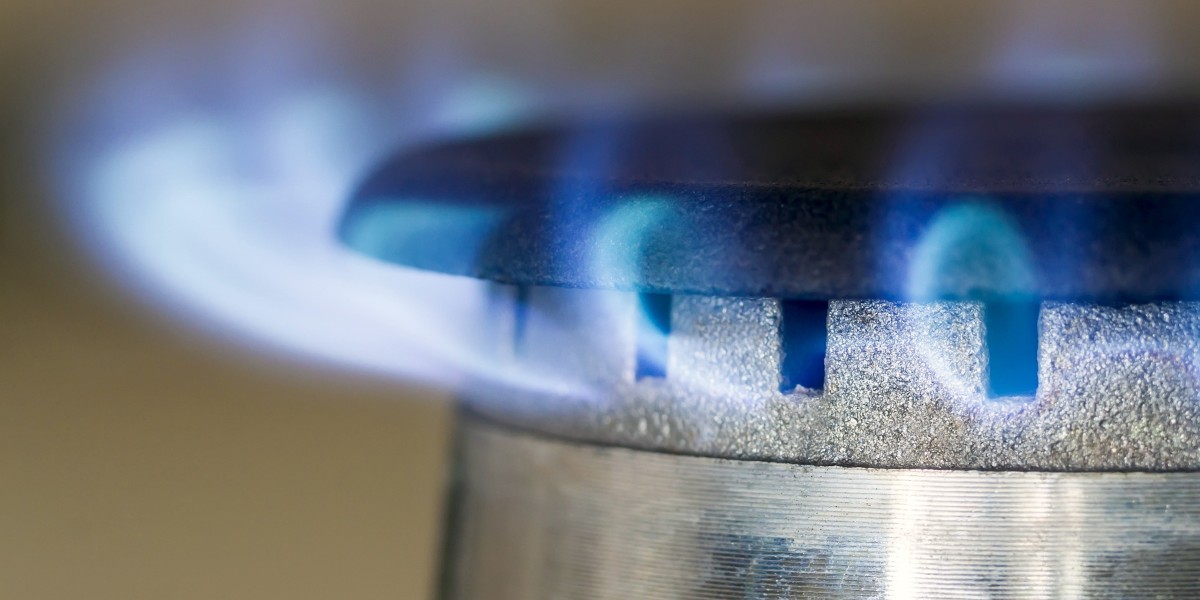
Whether you are an experienced landlord or someone just entering the rental property market, ensuring the safety of your tenants is not just good practice; it's a legal obligation. One of the key pieces of documentation that landlords are required to have is the Landlord Safety Certificate. But what exactly is it, why is it important, and how can you obtain one? Let's break it down.
What Is a Landlord Safety Certificate?
A Landlord Safety Certificate is an umbrella term often used to describe various documentation that proves a rental property complies with safety regulations. These certificates ensure that essential elements of the property—like gas installations, electrical systems, and appliances—are safe to use and meet legal standards.
Specific certificates might include:
- Gas Safety Certificate (CP12): Covers gas appliances, pipework, and flues.
- Electrical Installation Condition Report (EICR): Deals with electrical wiring and circuits.
- Portable Appliance Testing (PAT) Certificate: Applies to appliances provided by the landlord, such as washing machines or kettles.
- Energy Performance Certificate (EPC): Ensures the property meets minimum energy efficiency standards (although not specific to health and safety, it is mandatory for rental properties).
Obtaining these certificates demonstrates to tenants and local authorities alike that the property is a safe and compliant environment.
Why Are Landlord Safety Certificates Important?
Legal Compliance: Laws in the UK (and other countries) require landlords to obtain specific certificates before renting out their property. For instance, a Gas Safety Certificate is mandatory under the Gas Safety (Installation and Use) Regulations 1998.
Tenant Safety: Electrical faults, gas leaks, or unsafe appliances can lead to accidents, injuries, or even fatalities. Regular inspections and certifications ensure that tenants are protected from such risks.
Avoiding Fines and Penalties: Failure to procure and provide valid safety certificates can result in hefty fines or even criminal charges. In some cases, landlords may also face restrictions on renting out their property.
Tenant Retention: Providing necessary safety certificates assures tenants that you value their well-being. A safe and well-maintained property is more likely to attract and retain good tenants.
Types of Landlord Safety Certifications
Here’s a detailed look at the most common safety certifications landlords need to be aware of:
1. Gas Safety Certificate (CP12)
- Requirement: Mandatory for any property that uses gas appliances.
- What It Covers: Gas boilers, cookers, fireplaces, and other gas-related installations.
- Duration & Renewal: Must be renewed annually.
- Inspection: Conducted by a Gas Safe-registered engineer.
2. Electrical Installation Condition Report (EICR)
- Requirement: Necessary to assess the electrical safety and compliance of the property.
- What It Covers: Fixed electrical installations such as wiring, sockets, and fuse boxes.
- Duration & Renewal: Valid for five years unless specified otherwise in the report.
- Inspection: Performed by a qualified electrician.
3. Portable Appliance Testing (PAT)
- Requirement: Not legally required in the UK but highly recommended for ensuring the safety of electrical appliances provided with the property.
- What It Covers: Portable/plug-in appliances like lamps, toasters, or microwaves.
- Duration & Renewal: Typically suggested annually, depending on usage and risk level.
- Inspection: Conducted by a competent person trained in PAT.
4. Fire Safety Certificate
- Requirement: Not a single certificate but a set of obligations. You must ensure the property complies with fire safety regulations, including having smoke alarms and carbon monoxide detectors installed where required.
- What It Covers: Fire safety measures like exit routes, extinguishers, and fire alarms.
5. Energy Performance Certificate (EPC)
- Requirement: Mandatory for all properties rented out after 2008.
- What It Covers: The energy efficiency of the property ranked from A (most efficient) to G (least efficient).
- Duration and Renewal: Valid for 10 years but must meet minimum standards (E or above) to be legally rented out.
- Inspection: Arranged through an accredited energy assessor.
How to Obtain a Landlord Safety Certificate
Getting the necessary safety approvals involves collaborating with qualified professionals. Here’s how you can do it:
Find Qualified Inspectors: Use official registers like the Gas Safe Register or NIC/EIC for electricians to ensure the person inspecting your property is certified and qualified.
Schedule Regular Inspections: Be proactive in booking inspections before the current certificates expire. This helps prevent gaps in compliance.
Keep Records: Store all safety certificates in a secure location. Landlords should provide tenants with copies, especially for CP12 and EICR certificates.
Stay Updated: Regulations change from time to time. Stay on top of legal updates to ensure your rental property adheres to the latest requirements.
Costs of Landlord Safety Certificates
The cost of obtaining safety certificates varies depending on property size, type, and location. On average, you can expect:
- Gas Safety Certificate: £60–£100
- EICR: £100–£250
- PAT Testing: £1–£3 per item, with some companies offering fixed prices for multiple appliances
- EPC: £50–£100
Although these costs can add up, they are a small price to pay for tenant safety and legal compliance.
What Happens If You Don’t Have a Safety Certificate?
Failing to meet safety requirements can have serious consequences, including:
- Legal penalties, including fines up to thousands of pounds.
- Difficulty evicting tenants due to non-compliance.
- Voided insurance policies in the event of an accident.
- Possible criminal charges in severe cases of negligence.
Conclusion
A Landlord Safety Certificate is much more than just a piece of paper; it is your guarantee of tenant safety and legal compliance. By taking proactive steps to obtain the necessary safety certifications, landlords can avoid potential legal trouble while fostering trust with tenants.
Remember, keeping your property safe isn’t just about meeting minimum requirements—it’s about providing a home that you yourself would feel secure living in. After all, a healthy landlord-tenant relationship begins with trust and responsibility. Let safety be your number one priority!



